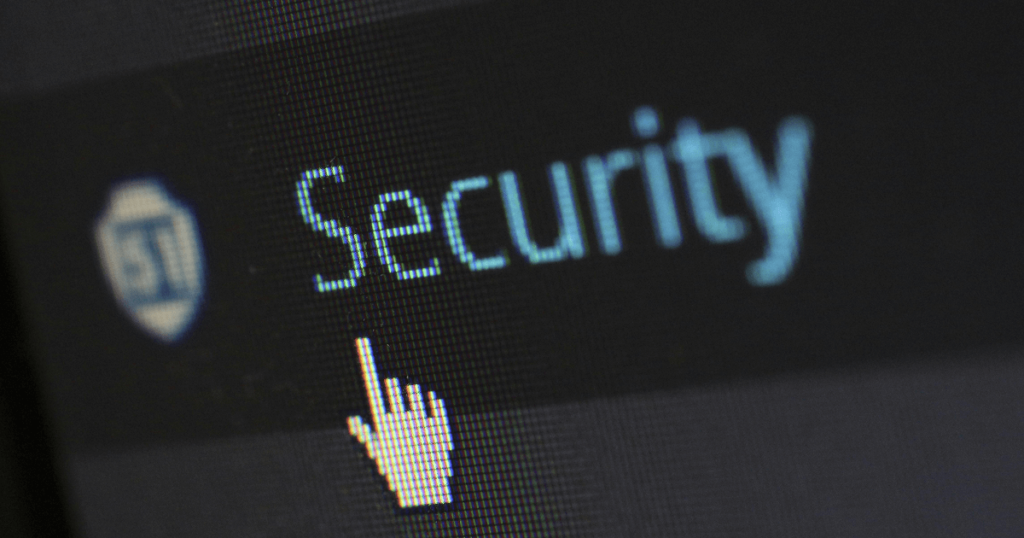Why Human Behaviour is both a Cyber Threat and a Cyber Defence

The digital divide in cyber security is human. When we fail to acknowledge the reality of human behaviour, how people typically work, day to day, we risk undermining the progress of cybersecurity technologies and email is often the Achilles’ heel, explained Dave Adamson, CTO at Espria. According to the Mimecast state of email security 2023 report, phishing attempts soared by over 60% YoY.
Whilst collaboration tools like Teams and Slack are commonplace, they’re yet to universally replace email, which remains the primary way most businesses communicate internally and externally. Email is also a vulnerable target for cybercriminals due to its accessibility and the potential for human error. Consequently, email is an effective tool used by cybercriminals to spread spam, attempt phishing attacks and send attachments and links that automatically install malware on a user’s device.
According to the Mimecast state of email security 2023 report, there were an estimated 255 million phishing attempts in 2022, a 61% jump over the prior year, indicating the increasing popularity of this method of attack. Businesses are increasingly at risk if they fail to fortify their policies and their technology. Many large enterprises have sophisticated cyber defence systems in place together with other resources; small and medium-sized enterprises (SMEs) often lack the internal resources and must rely on external partners who are dedicated to foreseeing the next trend in cybersecurity attacks and identifying weak spots in IT systems.
Email security must be a priority in an organisation’s cyber safety measures, including email encryption, multi-factor authentication, and regular updates to anti-malware software.
Considering the human element to organisational cyber resilience, communications and policies are paramount. It’s simply not possible to over communicate and repetition is key; the same cyber-attacks methods, like phishing emails and malicious content, have avoided eradication because humans forget, even if technology doesn’t.
Another way in which hackers exploit the fallibility of emails is email account hacking with the intention to steal passwords. This is also often achieved by ‘shoulder surfing’ or hacking into the office network. Once inside, the hacker may be able to impersonate nearly anyone within the organisation, including the company’s CEO, managers and executives posing a huge reputational and financial risk.
Comprehensive security measures are therefore crucial for businesses to protect employees and devices. Two-factor authentication, for example, can make it more challenging for hackers to steal employees’ passwords. However, there have still been cases where users pass multi-factor authentication credentials without realising their network is compromised. Organisations can also deploy privileged access management (PAM) to reduce risk.
Why human behaviour is both a threat and a defence
While these tactics can offer protection to a certain extent, various security issues and costs are still related to deploying these technologies. Therefore, the key to a company’s defence strategy must be detection. This, in practice, means that when someone accesses your account, atypical behaviour is spotted immediately so that appropriate action can be taken.
While most security approaches focus on protecting an organisation’s network infrastructure, attention is rarely paid to staff and end users. Although the security of the network and connected devices play a significant role in an organisation’s overall security, engaging users with the general safety of the entire organisation can play a critical role in building robust cyber defences.
The people within organisations should be provided with comprehensive training and easy-to-understand information, empowering and enabling them to identify breaches instantly. When an account or application is accessed unusually, the user knows whether they are responsible for this behaviour change. In addition, the user knows if an attacker has breached the system. For example, if an additional user is added to an account, documents could be shared with unauthorised charges or outside the network. In addition, rights could be granted to other unauthorised users. In this instance, the account owner would know whether or these are legitimate actions, potentially indicating that an account has been compromised.
Ongoing cyber security education and training also empower users to monitor their accounts, devices and other company assets. A user-centric approach is the only way to speed up security breach identification and ensure a quick response to resolve issues. Data security is everyone’s responsibility.
To read more about our Cyber Security solutions please click here.
You may be interested in
Outgrowing your MSP; businesses need a provider that scales with their growth
To stay competitive, business leaders must align with MSPs that deliver strategic value, drive innovation, and support to scale. Now firmly into 2025, it’s becoming clear what the year has in store for the IT landscape. For SMBs, the message is clear: business growth must be matched with smarter, more scalable managed services. The demand for cyber-resilient, cloud-first and AI-integrated solutions is no longer a forecast – it’s a reality already shaping business priorities. According to leading global technology market analyst firm Canalys’ MSP Trends 2025 report, the MSP model is transforming under growing pressure…
End of windows 10 support signal urgent action needed from UK organisations as cyberattacks continue to rise
Recent breaches at major UK retailers, combined with the approaching end of life of Windows 10, highlights a critical moment for IT resilience planning The recent wave of cyberattacks targeting major UK retailers has highlighted the growing security risks associated with organisations running outdated systems and applications and maintaining weak identity verification protocols. These incidents—particularly those involving Marks & Spencer and the Co-Op—have starkly exposed how vulnerable legacy infrastructure and insufficient access controls can be. In both cases, attackers successfully posed as legitimate employees and manipulated IT help desks into resetting internal passwords, ultimately gaining…
UK SMEs must fortify their cybersecurity against geopolitical risks, says Espria
A recent Sky News investigation highlighted an uptick in cyberattacks tied to the Iran conflict that are targeting businesses across multiple sectors. Speaking at the NATO Summit, Prime Minister Sir Keir Starmer urged UK businesses, regardless of size or sector, to prioritise cybersecurity and ‘take immediate steps to review and strengthen their defences.’ While the warning is timely in tone, businesses are already becoming targets of politically motivated cyberattacks, emphasising the need for heightened vigilance. “As tensions spread globally, threat actors will continue to exploit digital vulnerabilities, and neutral businesses may be caught in the…
End of windows 10 support signal urgent action needed from UK organisations as cyberattacks continue to rise
End of windows 10 support signal urgent action needed from UK organisations as cyberattacks continue to rise
Why Businesses Should Invest in ESG: Lessons learned by Espria
In today’s competitive landscape, Environmental, Social and Governance (ESG) performance is no longer just a “nice to have”—it is a critical business imperative. Companies that prioritise ESG are better positioned for long-term success, risk mitigation, and reputation enhancement. Today’s world demands more from companies than just financial performance. Customers want transparency. Employees want purpose. Investors want resilience. ESG helps businesses manage risk, seize new opportunities and build trust with the people who matter most. It is how you can stay competitive, stay responsible and stay relevant in a fast-changing world. A powerful case study of…
The Importance of Compliance and Security: Complementary Forces in Today’s Business World
In today’s rapidly evolving business landscape, compliance and security have become paramount. These two elements, often perceived as hurdles, are in fact complementary forces that drive business success and sustainability. Understanding their importance and how they work together can transform them from perceived blockers into enablers of growth and innovation. The Role of Compliance Compliance refers to adhering to laws, regulations, standards and ethical practices relevant to an industry. It ensures that a company operates within the legal framework and maintains its reputation. Compliance is not just about avoiding fines and legal issues; it is…





